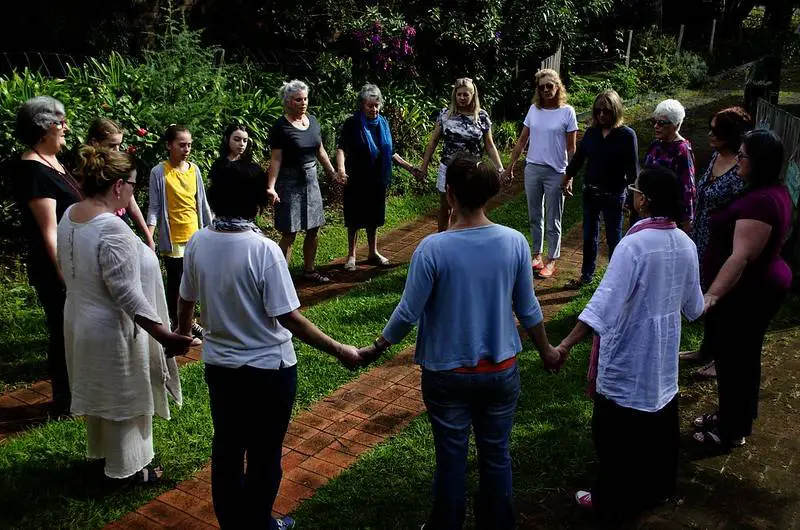There are all types of religious communities, and you may notice FKB has recently been introducing a variety of religious children’s books, from Christian, to Hinduism, Jewish, and Buddhist to offer a variety of view points for learning and growth. Whichever religion you may be a part of it is essential to find the right spiritual community for guidance and support.
Finding a spiritual community that resonates with your values and beliefs can be a deeply transformative experience. Whether you’re seeking a place of worship, connection, or personal growth, the right community can offer support, inspiration, and a sense of belonging. With so many diverse spiritual paths and practices, however, it can sometimes feel overwhelming to know where to begin your search. This guide offers practical steps for discovering spiritual communities that align with your values, helping you connect with others who share your vision and purpose.

1. Attend Local Religious Services
One of the best ways to find a spiritual community is by attending local religious services. Many spiritual communities hold regular worship gatherings that are open to the public, providing a chance to experience their practices firsthand. Visiting different places of worship allows you to explore various traditions, understand the community dynamics, and assess whether their values and beliefs align with your own. If you are interested in a progressive and welcoming environment, you might consider attending a Philadelphia Reform Synagogue, where you can experience inclusive and modern worship practices. By attending multiple services, you’ll gain insight into the atmosphere, the people, and the values that guide the community. Be sure to look for a space where you feel comfortable and where the teachings resonate with your spiritual journey.
2. Connect with Members and Leaders
Once you’ve attended a few services, it’s important to engage with the community by connecting with members and leaders. Many spiritual communities host social events, study groups, or informal gatherings that allow newcomers to get to know each other. These interactions offer a unique opportunity to ask questions, learn about the community’s practices, and better understand their approach to spirituality. Reaching out to community leaders can also provide clarity. Whether it’s a rabbi, pastor, priest, or spiritual director, these individuals are often more than willing to share the mission, vision, and values of the group.
3. Research Online and Read Reviews
In today’s digital world, the internet is an invaluable tool for finding and researching spiritual communities. Many groups have websites or social media profiles where you can explore their beliefs, services, and activities. Online resources also provide reviews and testimonials from members that can give you insight into the overall experience of being part of the community. Look for websites that provide clear information about the group’s values, spiritual practices, and social outreach programs. Many spiritual communities also post their sermons, lectures, or teachings online, so you can get a feel for the message before attending in person. Reading reviews from others who share your interests and values can also help determine whether the community will be a good fit for you.
4. Consider Your Values and Spiritual Goals
Ultimately, the most important factor in discovering the right spiritual community is identifying your own values and spiritual goals. What are you looking for in a community? Are you seeking deep religious teachings, opportunities for social justice, or a space for personal growth and meditation? Knowing what you want out of your spiritual practice can help you evaluate whether a community’s values align with your own.

Whether you’re looking for a traditional place of worship, a progressive spiritual group, or a community with a specific mission, the right spiritual home can provide a sense of belonging and purpose. Take your time, explore different options, and trust your intuition as you embark on this path toward spiritual fulfillment.










